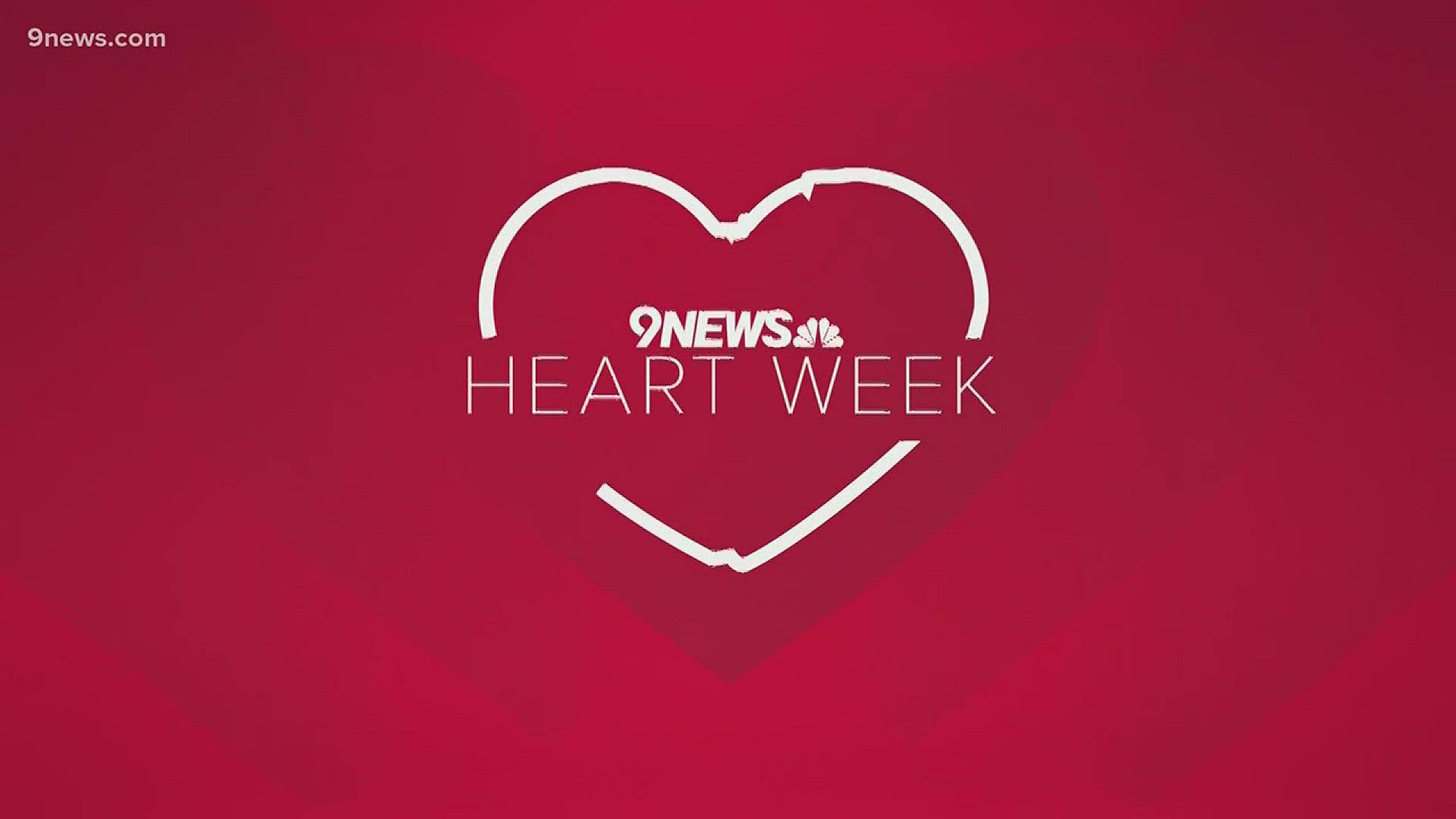DENVER — Dr. Brett Reece is a cardiothoracic surgeon at the University of Colorado Hospital and he fixes people’s hearts every day. But he is also a heart attack survivor.
Dr. Reece was just 44 years old with no medical problems but a strong family history of heart disease. He had been working out for a year and a half and after finishing his workout, he went to his next meeting still sweating profusely.
He asked for his operating room cases to be held for the day because he needed to go to the Emergency Department. His life changed quickly when he became the patient and was rushed to the cardiac catheterization (cath) lab.
Fortunately, his good friend Dr. John Messenger, an Interventional Cardiologist at the University of Colorado Hospital, opened the coronary artery which had become blocked. In the video above, Dr. Reece recalls how his life changed in just moments.
Dr. Reece has done so well and recovered completely because he recognized the symptoms of a heart attack right away, got to the Emergency Department immediately, and was taken to the cath lab where his blocked artery could be reopened.
Time is heart muscle, and every minute of delay in getting the artery opened is another minute of heart muscle which is dying.
WATCH BELOW: Dr. Messenger shares how he opened Dr. Reece’s blocked coronary artery with a balloon
What are some of the signs and symptoms of a heart attack?
- Chest pain
- Pain in the jaw or shoulder
- Nausea
- Stomach pain
- Dizziness
- Fatigue
- Shortness of breath
If you are experiencing any of these symptoms, call 911 and get to the Emergency Department immediately. You could be experiencing a heart attack.
For more information about heart attacks, you can go to the American Heart Association website at www.heart.org and learn more about your risk factors and what you can do to prevent a heart attack.
Follow 9NEWS Medical Expert Dr. Comilla Sasson on Facebook and Twitter. Have a medical question or health topic idea? Email Dr. Comilla at comilla.sasson@9news.com


